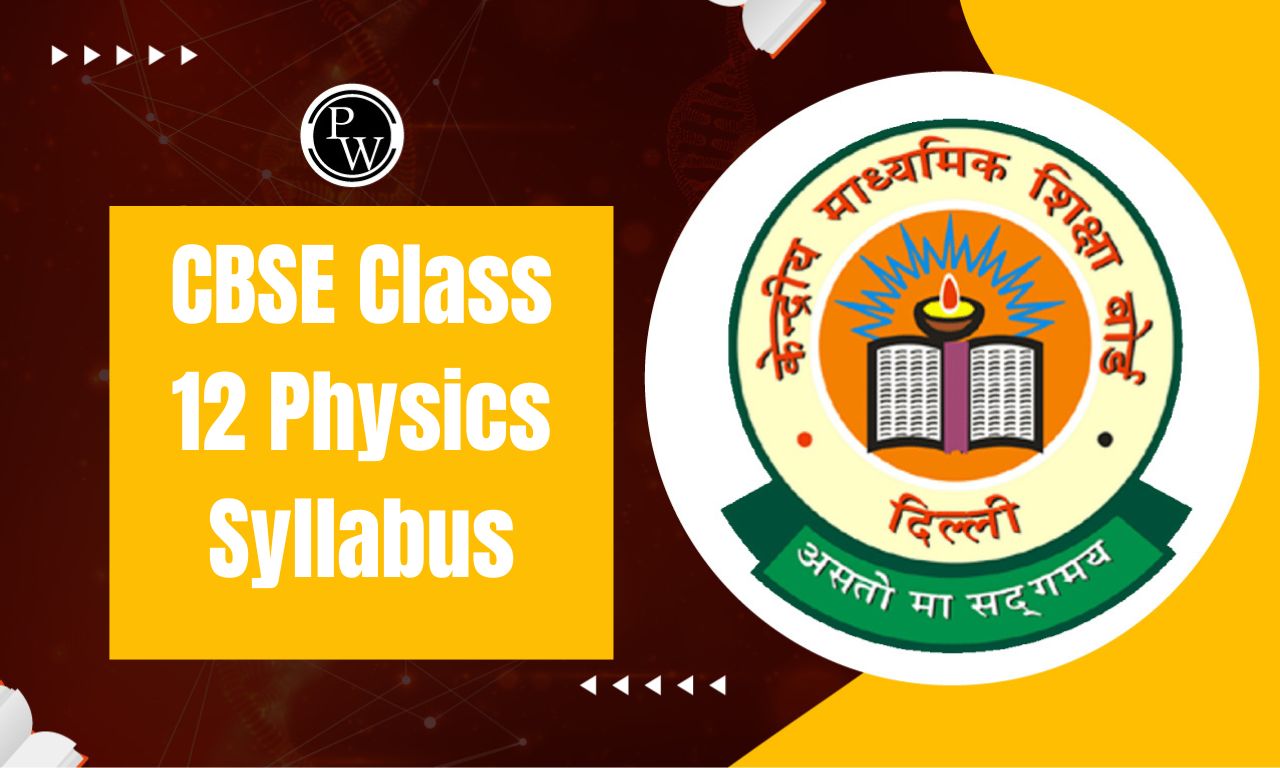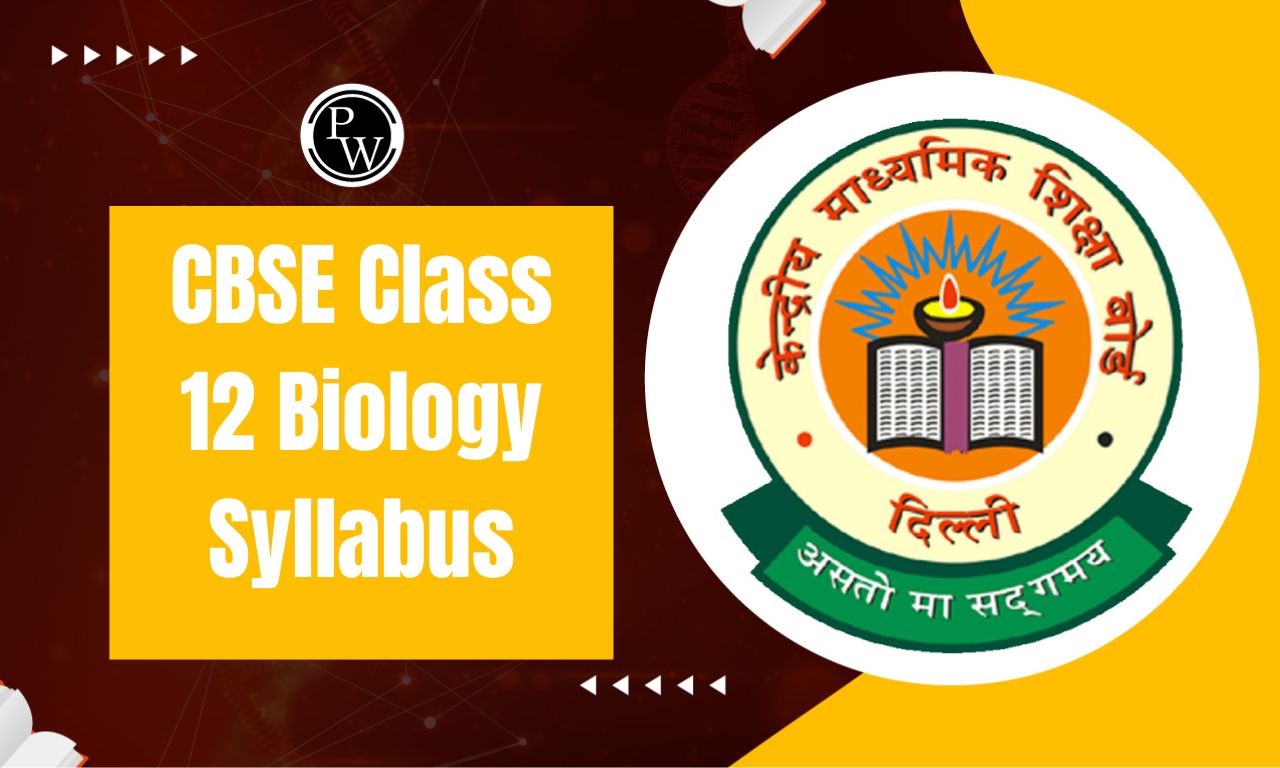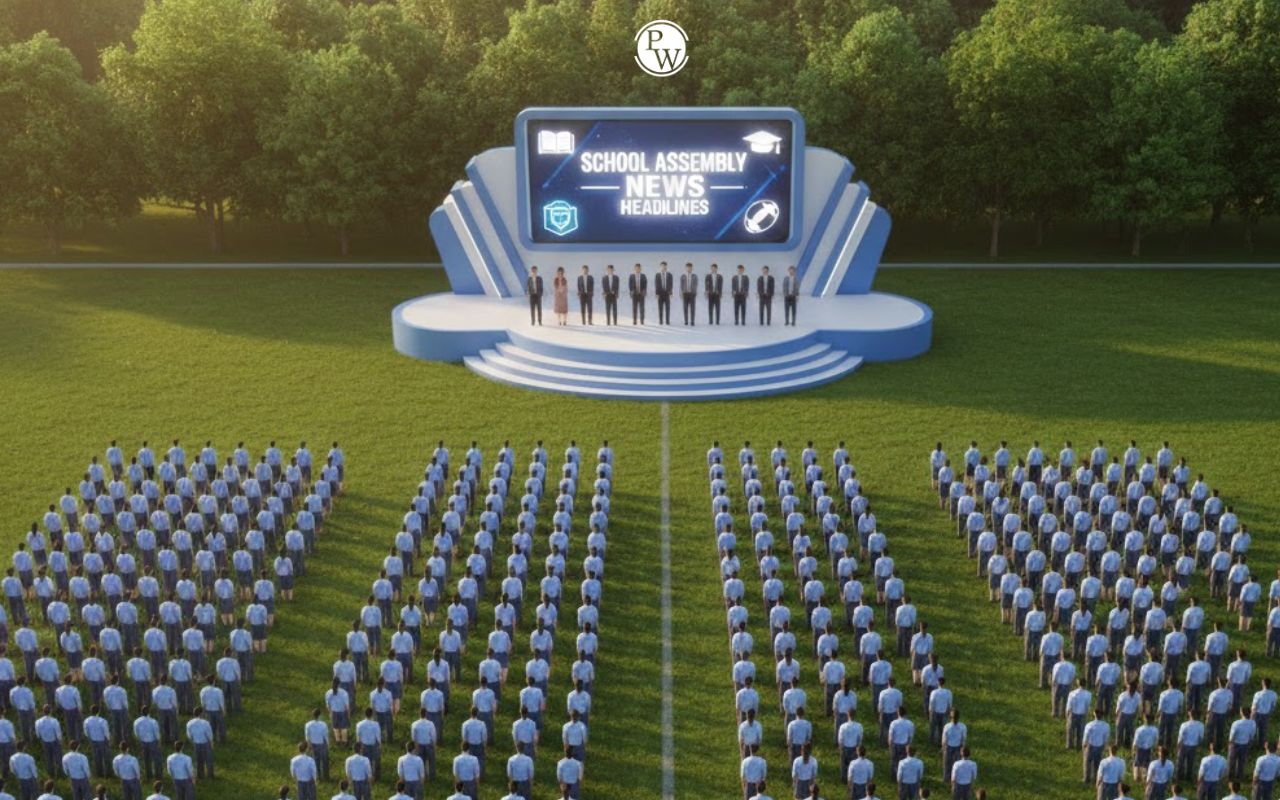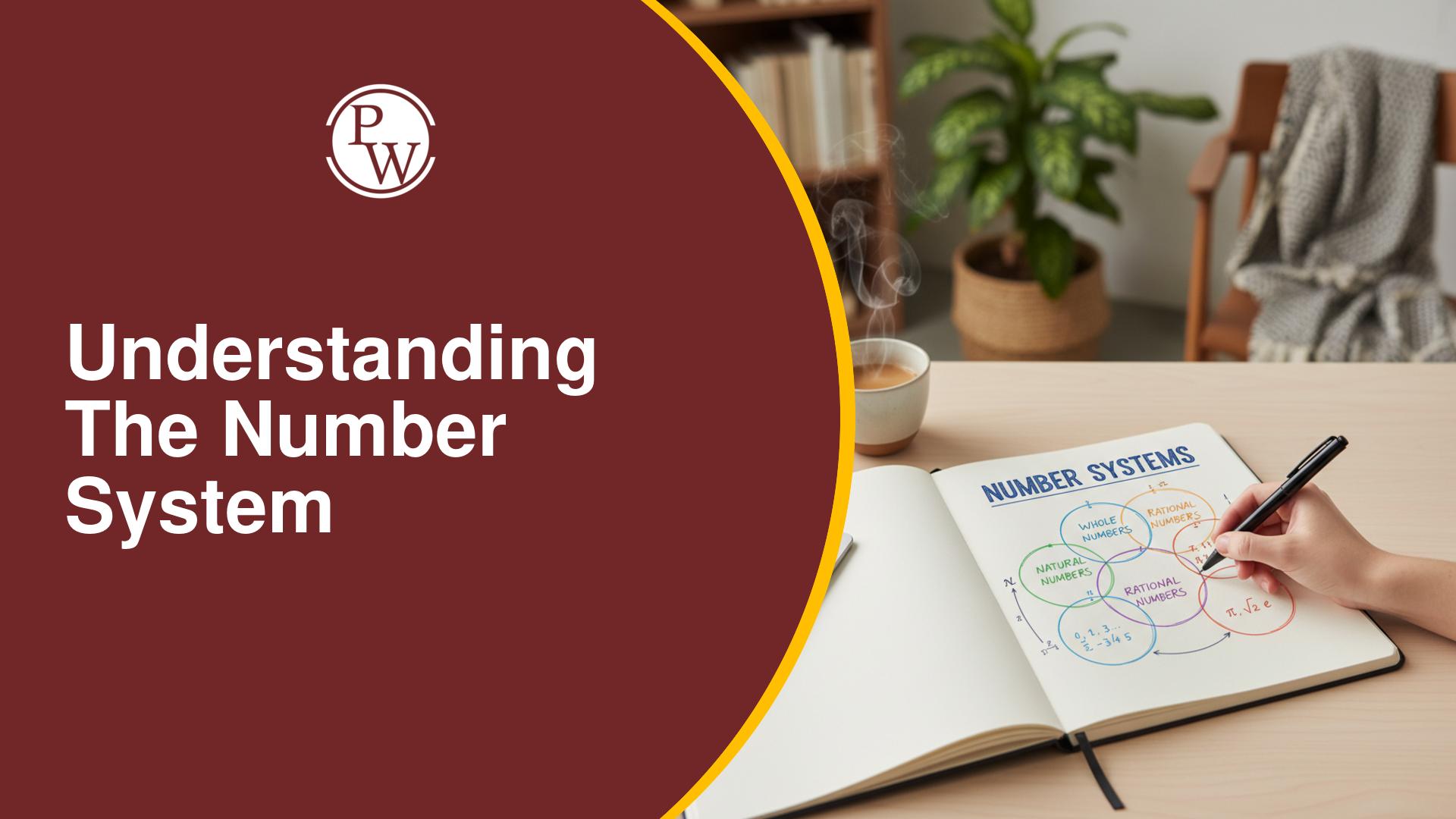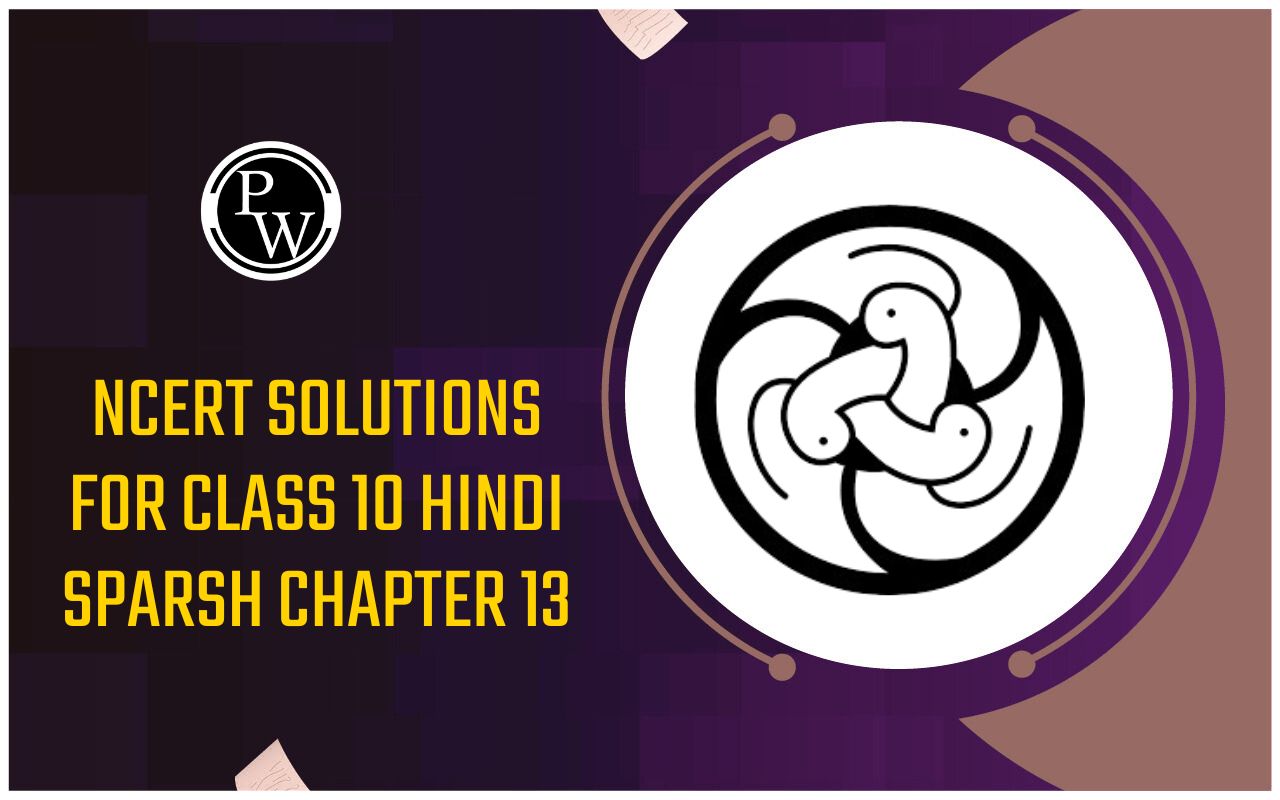
CBSE Class 10 SST Syllabus 2023-24: The CBSE Class 10 SST Syllabus 2023-24 for the current academic session of the Central Board of Secondary Education (CBSE) has been shortened after around 30% of the previous syllabus was deleted. The Board Exams for the 2023-24 session will be administered exclusively based on this upgraded curriculum.
As a result, all CBSE Board class 10 students must follow the most recent curriculum and standards while studying for their year-end board examinations. We have published the full CBSE Class 10 SST Syllabus 2023-24 for the current academic session in this post. Students must carefully examine the material of the four Social Science sub-divisions - History, Geography, Political Science, and Economics. It also discusses internal evaluation and map work. So, study the full curriculum and prepare well for your CBSE Class 10 Social Science Board Exam. The CBSE Class 10 SST Syllabus 2023–24 may be downloaded by clicking the link provided in this article.CBSE Class 10 Syllabus 2023-24
CBSE Class 10 SST Syllabus 2023-24
The CBSE Class 10 SST Syllabus 2023-24 covers four subjects, namely History, Geography, Political Science, and Economics, as shown in the table below. We have also tabulated the number of sessions for each unit as well as the amount of marks allowed for each unit in terms of the board examination. The parts or chapters covered by each unit are also included here.| CBSE Class 10 SST Syllabus 2023-24 | |||
| Subject | Chapters/Units/Topics | No. of Periods | Marks |
| Geography | Resources Natural Resources Agriculture Forest and wildlife resources Water resources Mineral Resources Power Resources Manufacturing Industries Lifelines of the National Economy | 55 | 20 |
| Economics | The Story of Development Money and Financial System The Role of the Service Sector in the Indian Economy Globalisation Consumer Awareness | 50 | 20 |
| History | Nationalism in Europe Nationalist Movement in Indo-China Nationalism in India: Civil Disobedience Movement Industrialisation 1850s–1950s Urbanisation and Urban Lives Trade and Globalization Print Culture and Nationalism History of the Novel | 60 | 20 |
| Political Science | Working of Democracy Power-sharing mechanisms in democracy Competition and contestations in democracy Outcomes of democracy Challenges to democracy | 50 | 20 |
CBSE Class 10 Maths Syllabus 2023-24,
CBSE Class 10 SST Syllabus 2023-24 Chapter-wise
Below we have divided the syllabus into four sections. You can check separate chapters for History, Geography, Polity and Economics from the table provided below.CBSE Class 10 SST Syllabus 2023-24 for History
The following table will show you the chapter-wise syllabus for the History section of SST.| CBSE Class 10 SST Syllabus 2023-24 for History | |
| Unit 1: India and the Contemporary World – II | |
| Themes | Learning Objectives |
| Section 1: Events and Processes Chapter I: The Rise of Nationalism in Europe | 1. Examine the impact of the French Revolution on the European countries in the making of the Nation-state. 2. Explore the nature of the diverse social movements of the time. (1830-1848). 3. Examine the ways by which the idea of nationalism emerged and led to the formation of nation-states. 4. Comprehend how World War I was triggered by the scramble for colonies in the Balkan states. |
| Section 1: Events and Processes Chapter II: Nationalism in India | 1. Explore various facets of Nationalistic movements that ushered in the sense of Collective Belonging 2. Discuss the impact of the First World War on triggering two defining movements (Khilafat & Non-cooperation Movement) in India. 3. Assess/ appraise the role of Mahatma Gandhi and other leaders in the two movements (NCM & CDM). |
| Section 2: Livelihoods, Economies and Societies Chapter III: The Making of a Global World | 1. Explore various aspects of how the world changed profoundly in the 19th century in terms of Economic, Political, Social, Cultural and technological areas. 2. Analyse the destructive impact of colonialism on the economy and the livelihoods of colonised people 3. Interdisciplinary Project with Chapter 7 of Geography: Life Lines of National Economy and Chapter 4 of Economics: Globalization and the Indian Economy |
| Section 2: Livelihoods, Economies and Societies Chapter IV: The Age of Industrialization | 1. Examine economic, political, and social features of Pre and Post Industrialization. 2. Analyse the impact of Industrialisation in the colonies with a specific focus on India. |
| Section 3: Everyday Life, Culture and Politics Chapter V: Print Culture and the Modern World | 1. Examine the development of Print from its beginnings in East Asia to its expansion in Europe and India · 2. Analyse the impact of the spread of technology and consider how social life and culture changed with the coming of print |
CBSE Class 10 English Syllabus 2023-24
CBSE Class 10 SST Syllabus 2023-24 for Geography
The following table will show you the chapter-wise syllabus for the Geography section of SST.| CBSE Class 10 SST Syllabus 2023-24 for Geography | |
| Unit 2: Contemporary India – II | |
| Themes | Learning Objectives |
| 1. Resources and Development | Examine the significance, interdependence, and utilization development needs of the Planning of resources in India. Summarise the rationale for the development of resources · Comprehend the reasons for non-optimal utilization of land in India. Analyse the need to conserve all the resources Examine the significant role of resource planning in light of the present requirements in India |
| 2. Forest and Wildlife | Examine the importance of conserving forests and wildlife and their interdependency in maintaining the ecology for the sustainable development of India. Analyse the role of grazing and wood cutting in the development and degradation Comprehends the reasons for the conservation of biodiversity in India under sustainable development. |
| 3. Water Resources | Examine the reasons for the conservation of water resources in India. Analyse and infer how the Multipurpose projects are supporting the requirement of water in India. |
| 4. Agriculture | Examine the crucial role played by agriculture in our economy and society. Analyses the challenges faced by the farming community in India. Comprehends the various aspects of agriculture, including crop production, types of farming, modern agricultural practices, and the impact of agriculture on the environment |
| 5. Minerals and Energy Resources | Comprehends the formation of different types of minerals, location, their uses, importance for human life and the economy. Analyses the importance of minerals and natural resources for economic development of the country their distribution, and sustainable use. Distinguishes between conventional and non-conventional sources of energy. |
| 6. Manufacturing Industries | Distinguishes between various types of manufacturing industries based on their input materials, processes, and end products, and analyse their significance in the Indian economy. Examines the impact of manufacturing industries on the environment, and develop strategies for sustainable development of the manufacturing sector. Analyses the relationship between the availability of raw materials and the location of the Industry |
| 7. Life Lines of the National Economy | Interdisciplinary project with Chapter 3 of History: The Making of a Global World and Chapter 4 of Economics: Globalization and the Indian Economy |
CBSE Class 10 SST Syllabus 2023-24 for Politics
The following table will show you the chapter-wise syllabus for the Politics section of SST.| CBSE Class 10 SST Syllabus 2023-24 for Politics | |
| Unit 3: Democratic Politics – II | |
| Themes | Learning Objectives |
| 1. Power Sharing | Examines and comprehends how democracies handle demands and the need for power sharing. Analyse the Challenges faced by countries like Belgium and Sri Lanka to ensure effective power-sharing |
| 2. Federalism | Comprehend the theory and Practice of Federalism in India. Analyse the policies and politics that have strengthened federalism in practice. |
| 3. Gender, Religion and Caste | Examines the role and differences of Gender, religion and Caste in practising Democracy in India. Analyses of the different expressions based on these differences are healthy or otherwise in a democracy |
| 4. Political Parties | Examine the role, purpose and no. of Political Parties in Democracy. Evaluates the contributions made by national and regional political parties in making or otherwise of Indian democracy. |
| 5 Outcomes of Democracy | Comprehends the expected and actual outcomes of democracy given the quality of government, economic well-being, equality, social differences, conflict, freedom and dignity. Analyses the reasons behind the gap that occurs in the conversion of expected outcomes into actual outcomes of democracy in various respects: quality of government, economic wellbeing, inequality, social differences and conflict and finally freedom and dignity |
CBSE Class 10 SST Syllabus 2023-24 for Economics
The following table will show you the chapter-wise syllabus for the economics section of SST.| CBSE Class 10 SST Syllabus 2023-24 for Economics | |
| Unit 4: Economics | |
| Themes | Learning Objectives |
| 1. Development | Examine the significance of designing suitable developmental goals in shaping the nation. Examine the importance of per capita income and compare the per capita income of various countries to infer reasons for the variance Analyse the HDI about PCI. Examine the need for Sustainable development |
| 2. Sectors of the Indian Economy | Analyse and evaluate the economic activities in different sectors and how they contribute to the overall growth and development of the Indian economy. Identify problems in different sectors and propose solutions based on their understanding of the sectors. Examine and infer the essential role of the Public and Private sectors the present trends of PPP and the efficacy of the initiative examine the role of the Unorganised sector in impacting PCI currently and propose suggestive steps to reduce the unorganised sector for more productive contributions to GDP. Analyse the major employment-generating sectors and observe the challenges faced to employ all. |
| 3. Money and Credit | Examine money as a medium of exchange in all transactions of goods and services from ancient times to the present times. Analyse the different sources of credit. Identify the significance and role of self-help groups in the betterment of the economic condition of rural people/women |
| 4. Globalization and the Indian Economy | Examine the concept of globalization and its definition, evolution, and impact on the global economy. Explore the details of the key drivers of globalization and their role in shaping the global economic landscape in various countries. Examines the significance of the role of G20 and its significance in light of India's present role Interdisciplinary Project with Chapter 3 of History: “The Making of a Global World” and Chapter 7 of Geography: “Lifelines of National Economy” |
| 5. Consumer Rights | Project work |
CBSE Class 10 SST Syllabus 2023-24 Internal Assessment
| CBSE Class 10 SST Syllabus 2023-24 Internal Assessment | ||
| Description | Topic | Marks |
| Periodic Assessment | Pen Paper Tests, Quizzes, Debate, Role Play, Viva, Group Discussion, Visual Expression, Interactive Bulletin Boards, Gallery Walks, Exit Cards, Concept Maps, Peer Assessment, SelfAssessment, etc. | 10 |
| Portfolio | Classwork, Work done (Activities / Assignments), Reflections, Narrations, Journals, etc., Achievements of the student in the subject throughout the year, Participation of the student in different activities like Heritage India Quiz | 5 |
| Subject Enrichment Activity | Project Work | 5 |
| Total Internal Assessment | 20 | |
CBSE Class 10 Social Science Deleted Syllabus
The CBSE Board's social science curriculum for Class 10 has been decreased by 30%. The following is a chapter-by-chapter list of subjects that have been dropped from the CBSE Class 10 SST Syllabus 2023-24.| CBSE Class 10 Social Science Deleted Syllabus | |
| Chapter | Deleted Topics |
| India and the Contemporary World II | |
| No Deletion | |
| Contemporary India – II | |
| Chapter - Resources and Development | Types of Resources. |
| Chapter - Forest and Wildlife | Biodiversity or Biological Diversity Flora and Fauna in India Vanishing Forests Asiatic Cheetah: Where did they go? The Himalayan Yew in trouble Project Tiger |
| Chapter - Agriculture | Impact of Globalization on Agriculture |
| Chapter -Manufacturing Industries | Industry Market Linkage Cotton Textiles, Jute Textiles, Sugar Industry Iron Steel Industry, Cement Industry |
| Understanding Economic Development | |
| No Deletion | |
| Unit 3: Democratic Politics – II | |
| Chapter - Democracy and Diversity | Full Chapter |
| Chapter - Gender, Religion and Caste | the image on pages 46, 48, and 49 of NCERT Textbook – Democratic Politics –II - reprinted edition 2020-2021) |
| Chapter - Popular Struggles and Movements | Full Chapter |
| Chapter - Challenges to Democracy | Full Chapter |
Objectives of CBSE Class 10 SST Syllabus 2023-24
- Develop a knowledge of the processes of change and development that have occurred in human cultures throughout time and place.
- Develop a grasp of current India from a historical perspective, of the core framework of national development objectives and policies in independent India, and of the transformation process with relevant ties to global development.
- Increase knowledge and comprehension of India's liberation movement and the principles and goals it represented, as well as a respect for the sacrifices made by individuals from all parts and areas of the nation.
- Assist students in understanding and cherishing the ideals stated in the Indian Constitution, as well as in preparing them for their duties and responsibilities as successful citizens of a democratic society.
- Assist students in understanding and cherishing the ideals stated in the Indian Constitution, as well as in preparing them for their duties and responsibilities as successful citizens of a democratic society.
CBSE Class 10 SST Syllabus 2023-24 FAQs
How many chapters are there in social science class 10 2023 2024?
There are a total of seven chapters. Understanding Economic Development in Social Science Class 10 CBSE - Students will learn about the divisions of the Indian economy and the country's economic growth in this book. This is the most fascinating and significant of the four.
Is the Class 10th 2023-24 syllabus reduced?
The board has opted to keep the same adjustments in place for the 2023-24 academic year. With the CBSE Class 10 curriculum decrease, students now have to study less curriculum than in previous years, easing the strain on pupils studying for the impending board examinations.
Is 10th Social Science difficult?
The examination was deemed reasonably challenging by the majority of students and instructors, with all questions drawn from the required curriculum. The Social Studies paper for class ten was well-balanced and of moderate difficulty. Most of the questions were straightforward, but one or two were a bit tricky.
How can I get full marks in CBSE 10th Social Science?
To be able to confidently answer the Objective questions and write good descriptive replies in the subjective portions, students must be highly comprehensive with their syllabus material from each chapter. As a result, we've included the CBSE Class 10 Social Science Important Questions and Answers from each chapter below.
What if I fail in one subject in the 10th board 2023?
If you fail one topic, you may make up the difference in a separate exam, which is typically conducted within a few months. If you fail two or more topics, you will be considered failed, and you will have to repeat 12th and 10th grade.
🔥 Trending Blogs
Talk to a counsellorHave doubts? Our support team will be happy to assist you!

Free Learning Resources
PW Books
Notes (Class 10-12)
PW Study Materials
Notes (Class 6-9)
Ncert Solutions
Govt Exams
Class 6th to 12th Online Courses
Govt Job Exams Courses
UPSC Coaching
Defence Exam Coaching
Gate Exam Coaching
Other Exams
Know about Physics Wallah
Physics Wallah is an Indian edtech platform that provides accessible & comprehensive learning experiences to students from Class 6th to postgraduate level. We also provide extensive NCERT solutions, sample paper, NEET, JEE Mains, BITSAT previous year papers & more such resources to students. Physics Wallah also caters to over 3.5 million registered students and over 78 lakh+ Youtube subscribers with 4.8 rating on its app.
We Stand Out because
We provide students with intensive courses with India’s qualified & experienced faculties & mentors. PW strives to make the learning experience comprehensive and accessible for students of all sections of society. We believe in empowering every single student who couldn't dream of a good career in engineering and medical field earlier.
Our Key Focus Areas
Physics Wallah's main focus is to make the learning experience as economical as possible for all students. With our affordable courses like Lakshya, Udaan and Arjuna and many others, we have been able to provide a platform for lakhs of aspirants. From providing Chemistry, Maths, Physics formula to giving e-books of eminent authors like RD Sharma, RS Aggarwal and Lakhmir Singh, PW focuses on every single student's need for preparation.
What Makes Us Different
Physics Wallah strives to develop a comprehensive pedagogical structure for students, where they get a state-of-the-art learning experience with study material and resources. Apart from catering students preparing for JEE Mains and NEET, PW also provides study material for each state board like Uttar Pradesh, Bihar, and others
Copyright © 2025 Physicswallah Limited All rights reserved.
Get App

